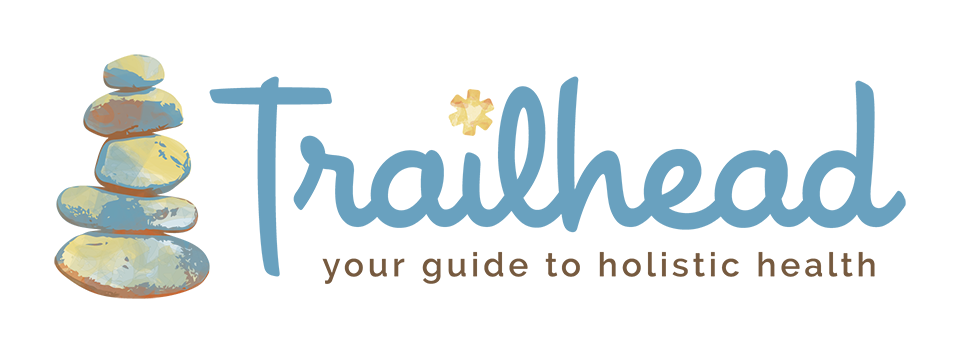Who wants to be Hypnotist? That's a really good question.
I find that most Hypnotists are in second or even third career like myself. Most of them have had an experience with hypnosis, it has profoundly change their life. They want to help people they care about people some of them are people that want to enhance what they already do, like a massage therapist or a dentist or nurse. Nurses are natural Hypnotists. They just want to expand their skills. I think that it draws from a wide variety of professions. It is hard to find those people. If I were to go out and search for them for Facebook or whatever they're hard to identify but they have all had some kind of knowledge, previous knowledge, either they have a friend who had gone through hypnosis that had a great experience or they did it themselves or they're just looking for another tool in their tool kit. So those are the people that make good hypnotist.
There are some special qualities that come with it a caregiver, an ability to build trust very quickly, some of those skills can be taught but some of them need to be natural. It's like when I used to have my Montessori School I didn't always look for someone who was a teacher in fact I kind of avoided them because they had a lot of bad habits that I didn't want them to bring with. What I looked for was not so much what they had done in life or how well they had done in school. They had to be bright and could learn. I looked for people that had a natural rapport with children, because that's something you can't teach that's something that comes from within.
It's different with hypnotist and I think that some people that are hypnotists are very good at the mechanics of hypnosis because there are definite mechanics, things that you do, and ways that you do them, but the ones that are really really good, are the ones that have that thing you can't teach. That genuine caring for people, that genuine rapport. So those people that draw people naturally to them, they make great hypnotist because people trust them; and that are open to other people. Those are some of the innate qualities that I would look for in a good hypnotist.
Then the other thing is a willingness to do it, because you can't become a great hypnotist unless you use the tool. I mean I even noticed if I take a vacation and I'm gone for a couple of weeks, it takes me a few days almost to get back in the flow. It is the repetition not only for the subconscious mind for the client to learn, but for the hypnotist because with every client that comes in I learned something new. I pick up something that I put in my back pocket and say hmm I might use that again. My clients are continually teaching me, so the more you do it the better you get at it. Hypnosis can be a very good tool for lots of different kinds of practitioners to have in their toolkit.
It is just a tool. It is a complement whether you're doing acupuncture or homeopathy or massage, if you are a doctor a nurse or a dentist, hypnosis will help you number one with your own stress, but provide you with tools to use with your patients or your clients to help them get better results with what you normally do. Sometimes massage therapists- they develop back problems joint problems - they look for a second career well when the client is on our table they're already in a light state of trance and so why not use that to know how to deepen them to give them suggestion for what they want and make an experience even greater.
I recently spoke to some practitioners at Park Nicollet a lot of physical therapists, occupational therapists, and nurses about languaging skills how to talk to their patients in a different way. How do you use your words to redirect patients who are catastrophizing or kind of stuck in this thinking process about their pain that's very unhealthy for them. So hypnosis is all about words and it's all about how to build rapport, it's about understanding how the mind works and when the mind is open to suggestions, and the little things that you can do to get your patients there. When people come to practitioners very stressed or emotional, they're in pain, they're not sleeping, these things, strong emotion induces trance. So here at my office we have soft lighting, we have pretty music, we have a comfortable chair, you don't need any of that to induce the hypnotic state. When they come to you and they're scared, and they're nervous, or they are tried everything else and it hasn't worked, they're desperate and they are open to your suggestion. They want to hear what you're saying, they're very focused, and they're in a light state of trance so if you can use the tools of your trade to enhance that you will get better results with what you normally do.
Hypnosis or hypnotic technique can be a tool for every practitioner that is on this site or that it is in the general domain. Because it's going to help you be better at what you do and develop better communication skills, better rapport building skills and it's going to help your patients be better at whatever it is they do get fixed with you.

